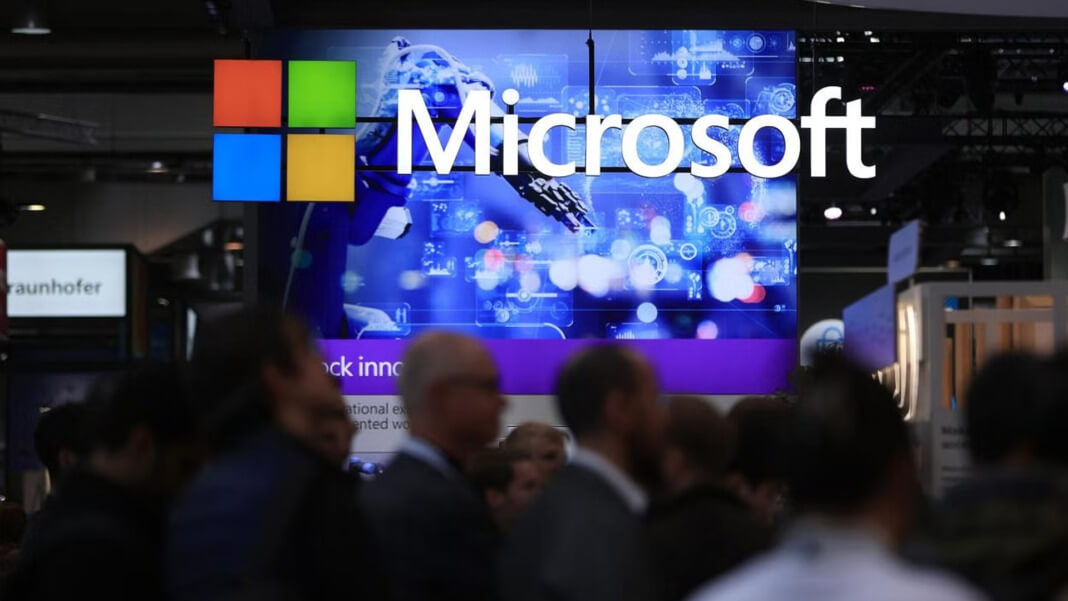On Tuesday, October 3, Microsoft, in collaboration with Singapore’s Infocomm Media Development Authority (IMDA), revealed a new set of digital sustainability guidelines. This initiative aims to “accelerate education and awareness among businesses and developers.”
The guidelines were crafted with the backing of the Green Software Foundation (GSF). They elucidate the connections between hardware and software regarding sustainability principles and measurements, as highlighted by Microsoft.
The guidelines offer clear advice on “incorporating energy efficiency, carbon awareness, and hardware efficiency into software engineering and development processes.” Microsoft points out that adhering to these principles ensures that the developed applications and solutions are energy-efficient and carbon-aware from the outset.
Emphasis on carbon-efficient software
The guidelines underscore that sustainable software is “carbon-efficient”. This implies it releases the minimum carbon possible owing to its design, code, architecture, and other deliberate decisions. The guidelines mention that such applications usually cost less to operate, exhibit better performance, are more resilient, and are better optimised while having a favourable environmental impact.
Three pivotal principles underline the reduction of carbon emissions in software: energy efficiency, carbon awareness, and hardware efficiency. The guidelines provide insight for developers to comprehend the carbon emissions footprint of their software through the Software Carbon Intensity (SCI) specification, an approach formulated by GSF.
Recommendations and the road ahead
Moreover, the guidelines extend a series of recommendations for developers. These encompass utilising tools to gauge software carbon emissions, curtailing resource consumption, and opting for renewable energy. They also advocate the use of open-source software and the preference for cloud-based solutions.
Jeth Lee, Chief Legal Officer of Microsoft Singapore, shared that the guidelines mirror a collective ambition to influence the environment positively. “Providing developers with practical means of tracking and reporting emissions ensures that we are not merely harbouring sustainability as an ambition but are earnestly striving towards our net-zero targets,” he remarked.
Similarly, Chee Wei Nga, Director for the Emerging Technology Office of the Biztech Group at IMDA, conveyed that introducing these guidelines will significantly contribute to Singapore’s journey in evolving into a prime digital sustainability hub in the region. Chee pledged that IMDA, along with partners like Microsoft and Green Software Foundation, will persist in enabling developers and businesses to grasp the concepts of energy efficiency, carbon awareness, and green software development, fostering a positive environmental change locally and globally.
The principles outlined in these guidelines were also tested during the Singapore GreenTech Challenge held in April, where developers collaborated to create carbon-efficient solutions.




